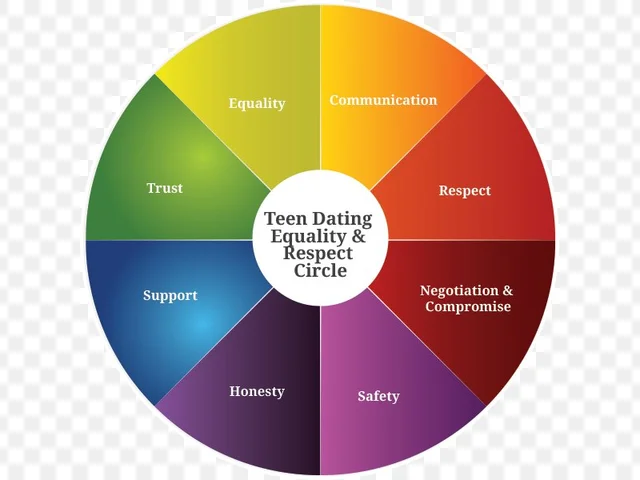In the realm of prescription medication, gabapentin has emerged as a name frequently encountered in the doctor's office. Initially approved by the Food and Drug Administration (FDA) in 1993, its trajectory towards becoming one of the top 10 most prescribed medications in recent years is a topic that merits scrutiny. This surge in prescriptions, as highlighted by an American Psychological Association (APA) article, raises vital questions about the nature of its usage, particularly in scenarios beyond its original purview of therapeutic application. The intriguing aspect of gabapentin’s rise in popularity lies in its extensive off-label use, spanning pain relief to various psychiatric conditions, an area where the backing of scientific evidence remains a point of contention.
Despite gabapentin being marketed with a supposedly low potential for abuse, the reality that unfolds tells a different story. Alarming trends have surfaced, revealing a growing number of individuals grappling with dependency, confronting severe withdrawal symptoms, and, in some instances, facing fatal overdoses. These developments paint a concerning picture, urging mental health care professionals to reassess their prescribing habits. Engaging in open dialogues with patients about the inherent risks associated with the misuse of gabapentin, and overdosing becomes imperative to safeguard their welfare.
The FDA's issuance of warnings regarding the potentially deadly mix of gabapentin with central nervous system (CNS) depressants – including opioids, antidepressants, and benzodiazepines – underscores the gravity of this situation. Yet, despite these cautionary advisories, the upward trajectory of gabapentin prescriptions has not waned in the United States, surging to an approximate total of 70.9 million in 2021. This stark increase is juxtaposed with the distressing statistic that the number of overdose deaths involving gabapentin roughly doubled from 2019 to 2020, a revelation that necessitates urgent action.
The onus falls on mental health professionals to take proactive measures. Educating patients about the risks associated with gabapentin, screening for substance use disorders, reconciling medications, and prioritizing evidence-based alternatives stands as the cornerstone of a strategic approach aimed at mitigating these risks. In tandem, fostering the adoption of multimodal pain management strategies, routinely evaluating the effectiveness of gabapentin treatment, and ensuring the timely reporting of adverse events are pivotal steps that collectively contribute to the formulation of a safer, more responsible prescription landscape.
Within this context, the quest for alternative pain management solutions takes on heightened significance. As dependency rates and fatalities linked to gabapentin climb, the exploration of safer and more effective options becomes not just a matter of preference, but a paramount necessity. This shift necessitates a comprehensive reevaluation of treatment protocols, where the emphasis is placed on achieving pain relief without compromising patient safety. By embracing a holistic approach that balances efficacy with safety, the medical community can navigate the challenges posed by gabapentin, steering towards a future where health and wellbeing are paramount.
In conclusion, gabapentin’s trajectory from a seemingly innocuous prescription medication to one entangled in controversy over its potential for abuse and associated risks serves as a clarion call. It beckons healthcare providers to embody a greater degree of vigilance, to engage in reflective practice regarding their prescribing habits, and to forge ahead with a commitment to patient education and the pursuit of safer therapeutic alternatives. The echoes of concern surrounding gabapentin must galvanize a collective response aimed at ensuring the well-being of those we serve, heralding an era of informed, responsible, and compassionate care.








Write a comment